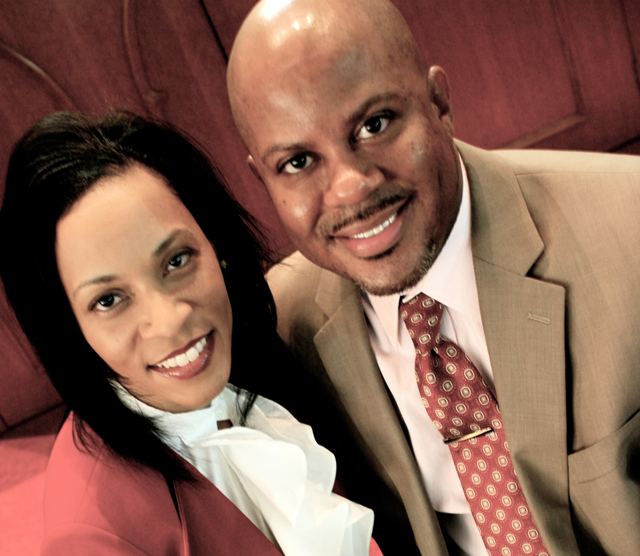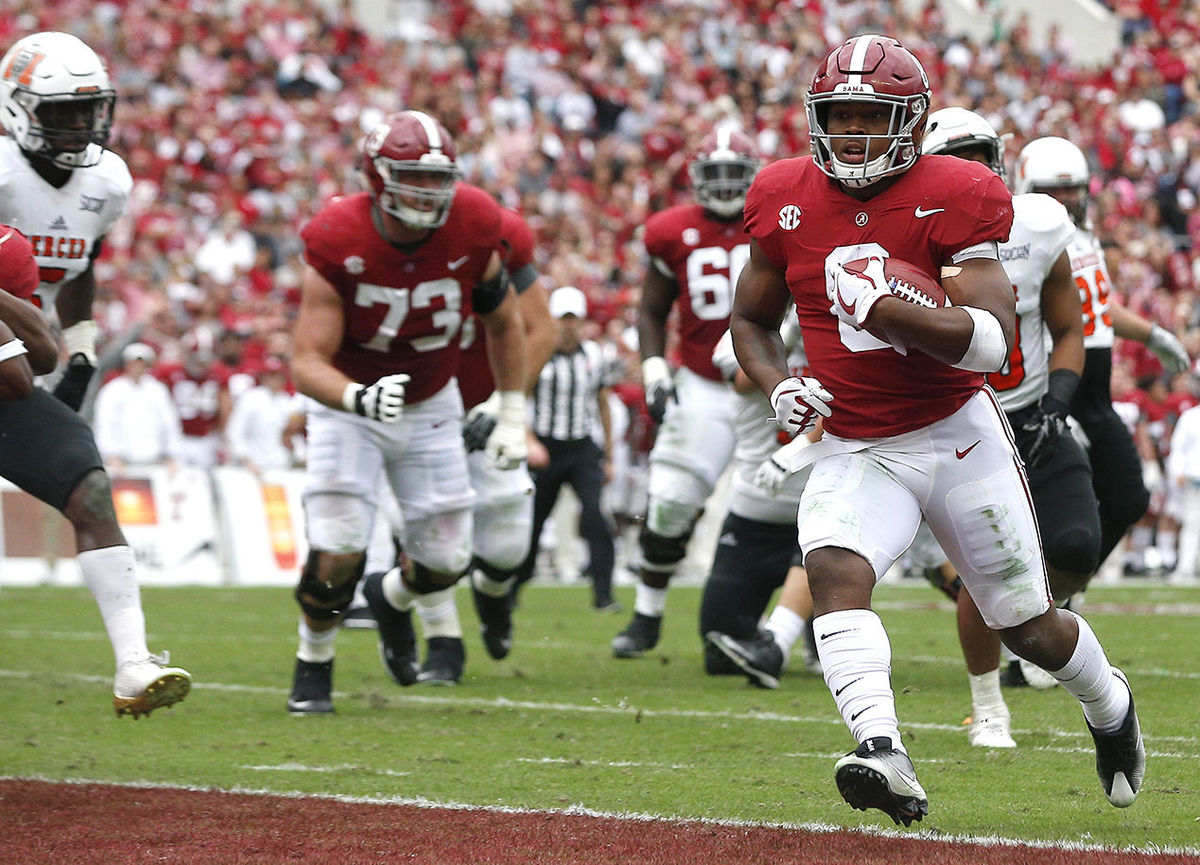
The Oklahoma Eagle Editorial
It’s not easy to find the solution to a problem which has plagued this nation since colonizers first set foot on this continent. How do you solve unresolved feelings of intolerance, insensitivity, fear, disgust, slavery, genocide, theft, lynching, discrimination, prejudice, inequality, income disparity, housing bias, education shortfalls, and too many other forms of bigotry?
Tulsa World gave it a shot last week. Meeting at Oklahoma State University, Tulsa community leaders started the conversation, again, to look for elusive answers.
It would be easy to see this as another futile effort to solve a problem that is deeply sewn into every sector of society. A stain that can’t be scrubbed off. Should Tulsans merely walk away like it’s a terminal patient? No, and while like any other subject that is deep and wide, the talk touched many areas of interest. What to do next?
Like any other problem there needs to be some priorities set to attack the main problem. What is the main primary? Depends on who you ask and where they live. Like a strategic plan, you inventory the race problem, discuss it, vote on where the greatest need is and research the ways it can best be addressed based on past efforts.
All races suffer some form of racism and that is the starting point. Hats off to Tulsa World for getting this noble effort off dead center. Doing nothing is no longer an option. The Oklahoma Eagle hopes this discussion continues.
Oklahoma Women Still Ranked Number One In Incarceration
Oklahoma is numero uno among all states in jailing females. It’s not a new phenomenon, Oklahoma has been number one for 25 straight years. Like other elements in Oklahoma, the budget shortfall hits correction programs hard. There is no rehabilitation in prison, only hard time and hopelessness. Sadly, there hasn’t been much evidence that this state was ever interested in rehabilitation. Is this discussion an attempt to coddle criminals? Not at all, but our laws are a recipe for more and bigger long-term problems. Zero tolerance laws, three strikes, no parole, and mandatory sentencing are all ways of saying “if you make a mistake you will pay for it for the rest of your life.” How did we get into this mess?
As crime became a national crisis lawmakers were forced to come up with ways to address crime with meaner prisons, bigger dogs, sharper steel and longer sentences. The war on crime became a war on people; mainly poor people. Why are women in Oklahoma going to prison in numbers far greater than other states?
Some suggest Oklahomans have a cruelly unique geographic and cultural position in the United States. What that means is that Oklahoma is half Old West and half Old South. Both cultures have a possessive view of women and see them as property.
All American women, including Oklahoman, have become independent; more educated and no longer dependent on the income of men. Add 39 Indian nations in Oklahoma and you have a mass of different views on marriage and relationships. Result, we lead in categories on divorce and age of marriage. We get married early and divorce often. Why does this lead to high incarceration rates? Could be provincial views of independent women are given little mercy, if not revenge, for wanting to live without men. This maybe uncomfortable views of our state, that is both shameful and embarrassing.
But, women in prison is nothing to be proud of and more efforts need to go into alternatives to prison for non-violent crime. Drug charges need the option of treatment and get to the source of the problem, not increase the symptoms. This shameful practice of locking up for tired and morally tinged laws needs to end. Stop guessing and add more funds to truly remedy our embarrassing problem.
The Odd Couple Of Racial Tolerance
Tom O’Connor is a former racist who has had a change of heart and African American David Lewis is his friend and partner in forging new paths in addressing race relations. Presently the pair take their odd couple of positive race relations on the road. They talked earlier this week in Bartlesville about the path that brought them together and how they put aside prejudices to talk about positive race relations. First they had to talk it out with each other and both learned a lot about how to live in this world free of hate. They want to not only start the conversation on race in Bartlesville, but to take this across the country.
Their story is so much like everyone else’s. It was born out of ignorance and fear. The great thing about their approach is that it’s all good in its implementation. Having the courage to change, to admit you are part of the problem and to see how we all need each other. That’s a story worth sharing.









